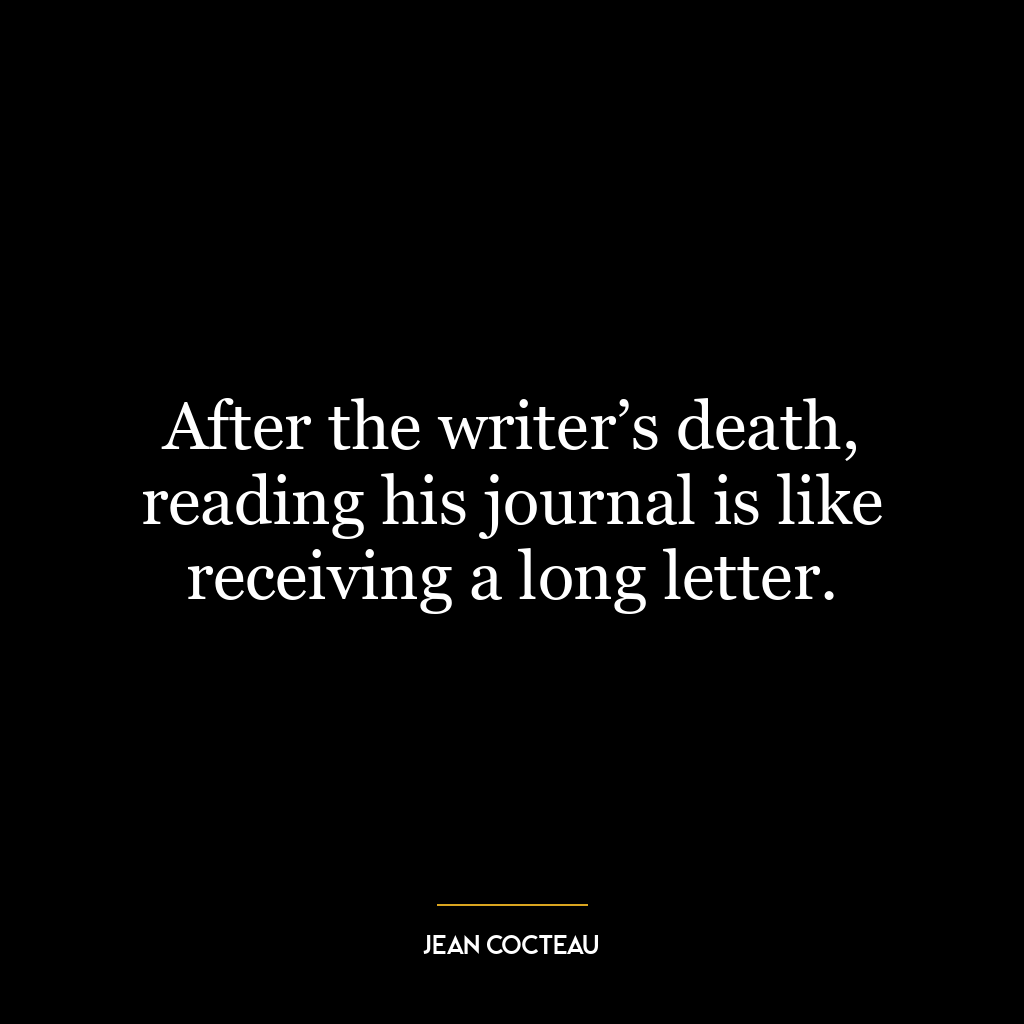This quote implies the value of simplicity and practicality over complexity and theoretical work. It suggests a longing for a life that is straightforward, grounded in the tangible, and instantly gratifying. The speaker wishes for a profession like plumbing, which is hands-on and yields immediate, visible results, contrasting to more abstract, intellectual pursuits that often involve complex theories and concepts.
The speaker’s longing for a simpler profession can also be interpreted as a desire for a life with less pressure and expectations. A plumber’s work, while important, does not bear the weight of changing the world or advancing human knowledge. This could reflect the speaker’s weariness from the responsibility and scrutiny that come with high-profile, intellectually demanding roles.
In the context of today’s world, this quote can be a reminder of the importance of work-life balance and mental health. It suggests that success and fulfillment do not always come from high-stress, high-profile jobs, but can also be found in simpler, more practical professions. It encourages us to value all types of work, and to respect the different paths people choose in life.
In terms of personal development, it underlines the importance of understanding one’s own desires and capabilities, and not being swayed by societal expectations or definitions of success. It prompts us to question if we are truly happy in our current roles, or if we are simply conforming to what is expected of us. It urges us to consider if a simpler, less stressful path might actually lead to greater personal satisfaction and well-being.













